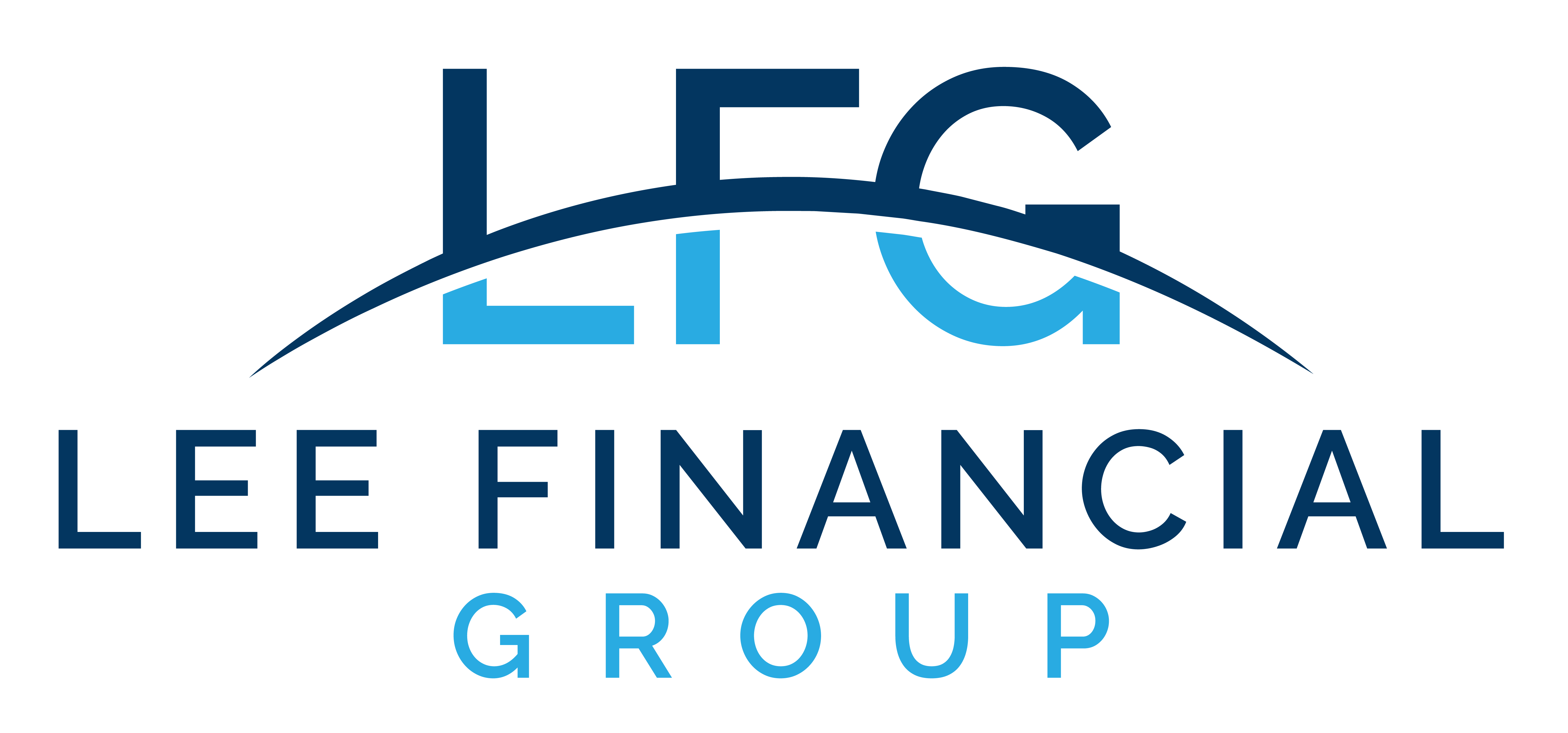Everyone likes a good sammie – they can be delicious and convenient. But when you’re the filling, it’s a different story. A recent survey by the Pew Research Center found that more than 50% of adults in their 40s have both a parent over 65, and are raising a child under age 18, or have financially helped an older child in the past year.
You may not support your parent financially, but the time, worry, and care that an aging parent may need can take a toll and have a cost.
Add in trying to save for retirement, and you end up being spread way too thin. How can you survive this period and keep your goals on track? The key to success is to create balance.
The Fulcrum – Your Retirement
A seesaw works because it rests on a fulcrum, or balancing point, that is stationary. You create a fulcrum for yourself by keeping an eye on your financial future. Saving for retirement is critical, and your 40s is a key period for saving.
It can be tempting to decrease retirement savings amounts or put it off completely when you have competing demands for your cash. But the money you save now is more valuable than the money you put in later because it has longer to grow.
Maxing out retirement savings and taking advantage of Healthcare Spending Accounts (HSAs) doesn’t build your retirement nest egg – it can also help you lower your tax bill.
Putting a plan in place to keep retirement savings on track allows you to remove one source of stress and can provide discipline and clarity for other areas of your financial plan.
The Seesaw – College Savings and Aging Parents
The sandwich generation has two competing constituencies, children and parents. In a way, you are double-parenting as you begin to work towards launching your children into the world while helping your parents navigate aging in a significantly changed, much more expensive environment than they experienced with their parents.
Planning is vital, and planning requires knowledge and strategy.
Besides the day-to-day expenses, most parents’ biggest issue is paying for college. It’s expensive and overwhelming, and it’s hard to be practical when college means so much to your child. Besides saving, there are a lot of things you can do.
- Do some research on the college selection process – set a realistic budget of what you can contribute, and make scholarships and merit awards central to the selection criteria
- File the FAFSA, even if you think you don’t qualify
- Utilize 529 plans, even if college is imminent. The tax savings can be significant.
- Incorporate college expenses into your cash flow plan
When it comes to your parents, knowledge is the first step. Whether everything is sailing along just fine, or you think there may be a crisis impending, it’s important to begin with an open-ended conversation. Start by asking what they want and what’s important to them. Once you’ve established a dialogue, you can move into more practical areas.
- Understand their expenses
- Assess insurance coverage
- Get necessary documents in place – trusts, medical power of attorney, etc.
- Research resources for help. Are there local agencies, like an elder council? Are they veterans?
Protect Yourself
It’s a good time to make sure you have your assets – and liabilities – protected.
- Do you have enough life insurance?
- Is it time for an umbrella policy?
- Do you have long-term care insurance?
Build a Flexible Cash Flow Plan
Cash flow plans aren’t budgets, although budgeting is part of the process. The cash flow plan links your short-term money flows to your long-term plan, so you can see everything and then make decisions to help you achieve your goals.
A good cash flow plan will help you see where you are, help you understand your true expenses, and where you can save money. But it can also be more strategic.
Should you refinance debt? Are you taking enough – or too much – risk in your investments? Should you redeploy assets to different investments? These are all strategies that a cash flow plan can help you assess.
The Bottom Line
The sandwich generation has a lot on its plate. But there are also resources to help sort through the challenges. Working with a financial advisor that understands the unique situation of this generation can help you feel more comfortable in your current situation and more confident about the future.






What a Weaker Dollar Means for Your Investments